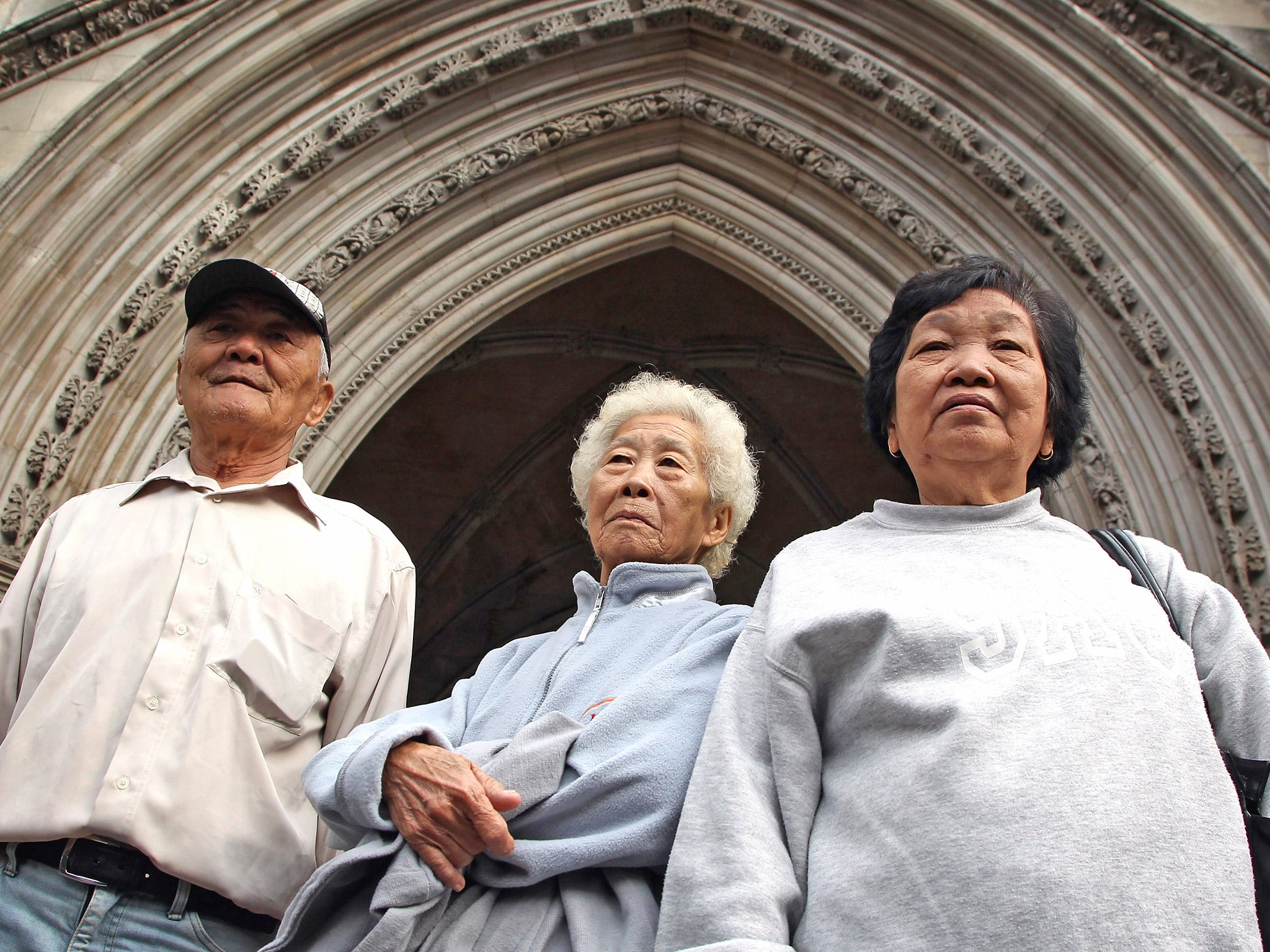Relatives of Malaysians killed by British troops in the Batang Kali massacre vow to take their fight to the Supreme Court

Relatives of 24 unarmed Malaysians shot dead by British troops 65 years ago have vowed to take their fight for a fresh inquiry to the Supreme Court after a panel of judges described the original investigation as “woefully inadequate”.
The Court of Appeal found it was “probable” that the families of those killed in the notorious Batang Kali massacre would succeed if they took their case for a new investigation into the killings in colonial-era Malaya to the European Court of Human Rights in Strasbourg.
The judges rejected an appeal from relatives for an immediate inquiry because English law does not yet mirror the ECHR. Instead, they said it was necessary for the Supreme Court to hear a fresh case on whether Britain’s Human Rights Act could apply retrospectively to killings which took place in the closing years of empire.
Lord Justice Kay, who led the panel of three judges, said confessions in 1969-70 by some of the Scots Guards involved in the shootings, that the rubber plantation workers were “shot down in cold blood” remained potentially significant to a fresh inquiry.
He added that the investigation carried out by the British colonial administration in 1948, which found that the victims had tried to escape, was “woefully inadequate”. A previous court ruling in 2012 found there was evidence to support the central claim of the relatives that their loved ones were executed.
Lawyers for the families said they will now take their complaint to the Supreme Court, added that the Court of Appeal had rejected a claim on behalf of the Foreign and Commonwealth Office that responsibility for the killings lay with the Malaysian authorities.
John Halford, of law firm Bindmans, said: “Some might think it remarkable that present-day human rights standards should create a duty to investigate wrongdoing by British troops in a colonial village six decades ago and its cover-up in the years that followed.
“But those standards are rooted in far older British principles, specifically the right to life and to its protection by laws to be enforced on an equal basis. The Batang Kali massacre occurred because, in Britain's Empire, its principles were sometimes abandoned.”
Quek Ngee Meng, coordinator of a campaign group for Batang Kali relatives, said: “Our journey to seek redress has not come to an end. The destination is not too far off. Either UK human rights law needs to catch up with Europe with the help of the Supreme Court, or the families will need to go to Europe for satisfaction.”
Subscribe to Independent Premium to bookmark this article
Want to bookmark your favourite articles and stories to read or reference later? Start your Independent Premium subscription today.

Join our commenting forum
Join thought-provoking conversations, follow other Independent readers and see their replies